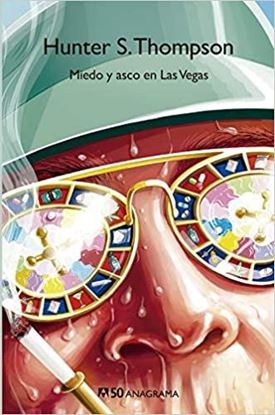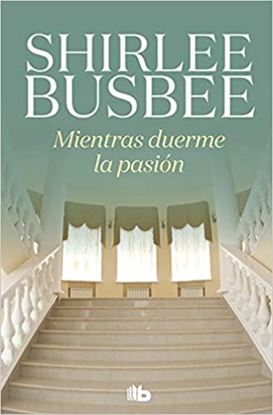

MIEDO Y ASCO EN LAS VEGAS (CM 50)
Cuidado con este libro. Este libro es peligroso. Te puede cambiar la vida. Todos los grandes libros son peligrosos. Este es un gran libro. Tan peligroso como la vida. Este libro habla de la vida como una tentativa inútil de escapar de la muerte. La muerte como el castigo justo por no haber sabido vivir. La vida y la muerte. Nadie vive realmente. Nadie muere tampoco. Ese es el secreto. Miedo y asco. El mundo es tan corrupto como Las Vegas. Un paraíso capitalista donde la vida se consume al límite. En la jungla fluorescente de los casinos, las esculturas de neón y los hoteles de lujo. Al límite de las fuerzas y la energía. Al límite del yo. El agotamiento es la verdad del juego. La ruina fatal, sin dinero ni tiempo para malgastarlo. La alucinación ácida, como nueva forma de lucidez, usurpando el lugar de la utopía imposible. Un viaje infernal al corazón podrido del sueño americano. El Punto Extremo de la Realidad. El Espectáculo de la Realidad. Periodismo Gonzo. La vida da miedo y produce asco. La vida es solo eso. Circular a toda velocidad por la autopista del desierto conduciendo un Chevrolet rojo descapotable en dirección a un parque temático solo para adultos llamado Las Vegas. Recorrer el Valle de la Muerte atiborrado de drogas mientras vas pensando que la diferencia entre locura y masoquismo es una nebulosa. No te engañes. No hay más. La vida da asco y produce miedo. Por eso es tan maravillosa. Como este libro. Aprende a leer. Este libro dice la verdad. Este libro habla de ti. Así en la vida como en la literatura.
850
638
MIENTRAS AGONIZO
Addie Bundren, antigua maestra
de escuela, yace agonizante mientras
sus hijos y su marido aguardan
el momento de su muerte y se disponen
a cumplir su voluntad de ser enterrada
en el cementerio de Jefferson, a más
de sesenta kilómetros de distancia, junto
a sus antepasados. La narración
de las peripecias que corren los pobres
e ignorantes miembros de la familia
Bundren a lo largo del extraño •
y accidentado traslado del cadáver
en carromato de muías, da pie a William
Faulkner (1897-1962) para levantar
en las páginas de Mientras agonizo (1930)
una de sus novelas más ricas. Sirviéndose
del monólogo interior de los personajes,
crea un relato poliédrico que,
cual una piedra tallada, va reflejando,
según la faceta a través de la cual
apreciamos su unidad, los infinitos
claroscuros de la naturaleza humana.
1,100
825
MIENTRAS DUERME LA PASION (BOL) (OF1)
Una historia romántica donde el amor puede con todo... incluso con los prejuicios.
Elizabeth Ridgeway es una mujer de extraordinaria belleza, capaz de encender de inmediato el deseo de los hombres. Sin embargo, Nathan, su marido, apenas se fija en ella.
Rafael Santana, hijo de una rica familia de Texas, es atractivo y arrogante. De niño fue secuestrado por comanches y educado como un guerrero, algo que sus modales aristocráticos no logran ocultar. Elizabeth y Rafael tenían una idea equivocada el uno del otro.
300
225











